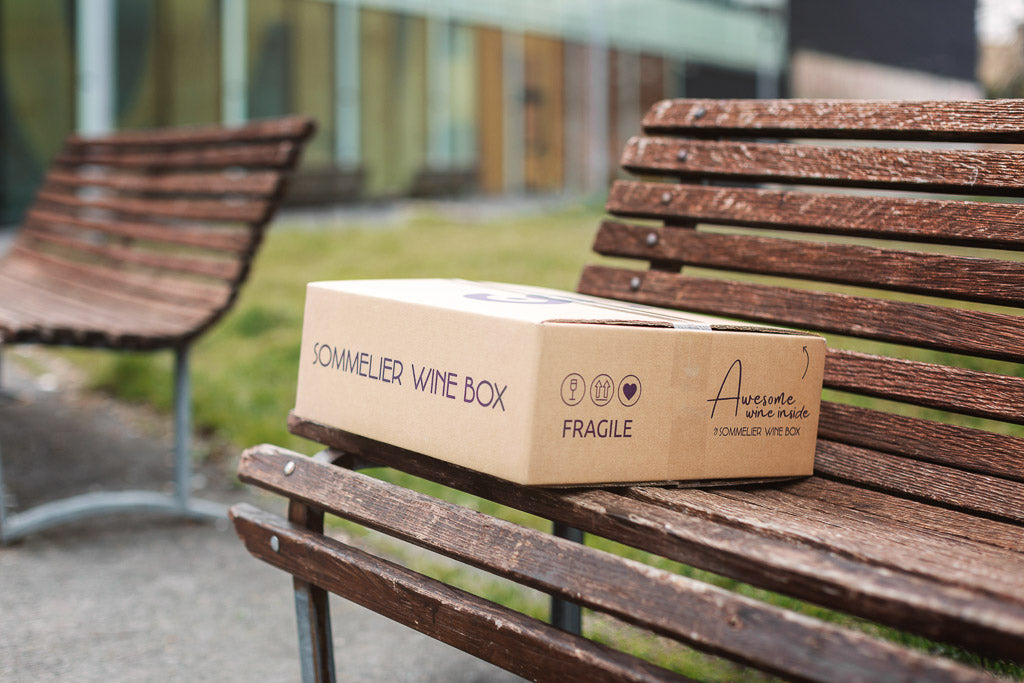Since our last interview , in January 2020, there has been a transformation that no one would have ever imagined. An upheaval that affects both the lives of individuals and production activities. And the world of wine is fully affected by it. For their part, consumers have become familiar with video tastings, increasing the opportunities for consuming wine at home and consequently strengthening online purchasing channels. On the production side, however, which areas are most affected and what is the position of women? We ask Donatella Cinelli Colombini.
Knowing how to read the present, in fact, is the only key we have to direct the future.
We talk a lot about resilience. How did Italian wine producers react to the blow of the pandemic?
The large wineries , with a commercial network structured on various channels and even abroad, are fine. They lost little or even increased their turnover. The small wineries , however, which sold mainly in Italy and in the HORECA channel, are in great difficulty. The lockdown and the tourism crisis have had devastating repercussions in restaurants and in those who supplied public establishments. Added to this is the delay of Italian wineries in digitalisation: few followers on social channels, little collection and profiling of contacts, little online interaction with consumers... And, with the arrival of Covid, when there was a need to push on e-commerce as an alternative channel, our wineries did not have a customer portfolio to turn to.
If we focus even more and look at the outcomes of the pandemic with respect to female employment, we know that these have been devastating. What is the situation in the world of wine? Has that trend of progressive acquisition of strength of the female role in the wine world, which you told us about in 2020, been slowed down by the effects of the health and economic crisis?
In the cellars, women are very present in commercial, communication and tourism activities. We still don't know exactly how much the impact of the epidemic has had on female employment, but I fear it is high: many of the wine hospitality workers were women and this sector lost 18% of its workers. Even those who worked in hospitality and catering connected to the wineries were mostly women. This sector has found itself faced with a drastic shortening of the tourist season which from 9 months has now been reduced to three.
None of us have a glass ball, but do you feel like making a prediction about the role of women in the future of Italian wine, also in relation to the pandemic crisis we are still going through?
In my opinion, the role of women will be increasingly greater . The Women of Wine, together with the University of Siena, are surveying the current situation in terms of equal pay and gender differences in career progression. Looking to the future, we are collaborating with the Italian Wine Union to define the "decalogue" of virtuous wine companies and perhaps there will also be an award at Wine2Wine 2021. These are small steps that go towards true equality of professional opportunities . Giving women the opportunity to fully express their talent is useful to everyone, including men, let's not forget that.
We couldn't agree more. And finally, to close with a point of hope. From the special observatory set up by the Le Donne del Vino Association, is there a success story, all female, that you want to tell us about?
This is the Delegate of the Women of Wine of Sardinia Elisabetta Pala who at the age of 24 left the family winery to create a project of her own in the south-eastern corner of Sardinia Mora&Meno. 40 hectares with 30-year-old vineyards on the hills overlooking the Gulf of Cagliari, surrounded by Mediterranean scrub and the Sette Fratelli, the highest mountains in Sardinia. The young Elisabetta revolutionized the profile of Cannonau making it a wine of the new millennium. I tasted it twice, in Malta during a trade mission and at Vinitaly during a winetasting led by Ian D'Agata, both organized by the Women of Wine. I assure you that it will leave you speechless, not only for the quality but above all for the fresh, harmonious style that is no longer opulent and almost overabundant as we were used to. In short, Mora&Memo has restyled Cannonau - more vineyard and less cellar - just like what happened with Brunello and Barolo.




